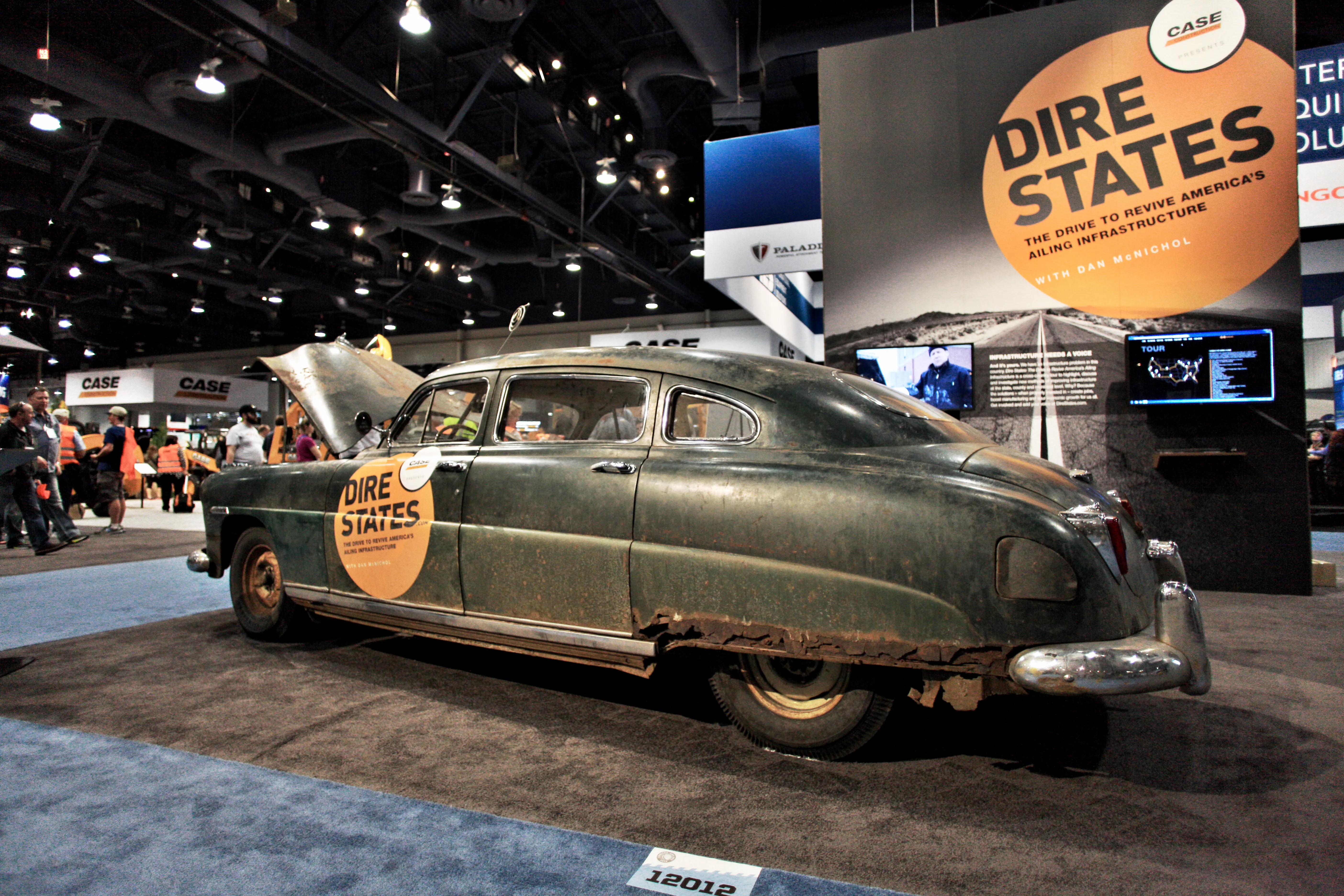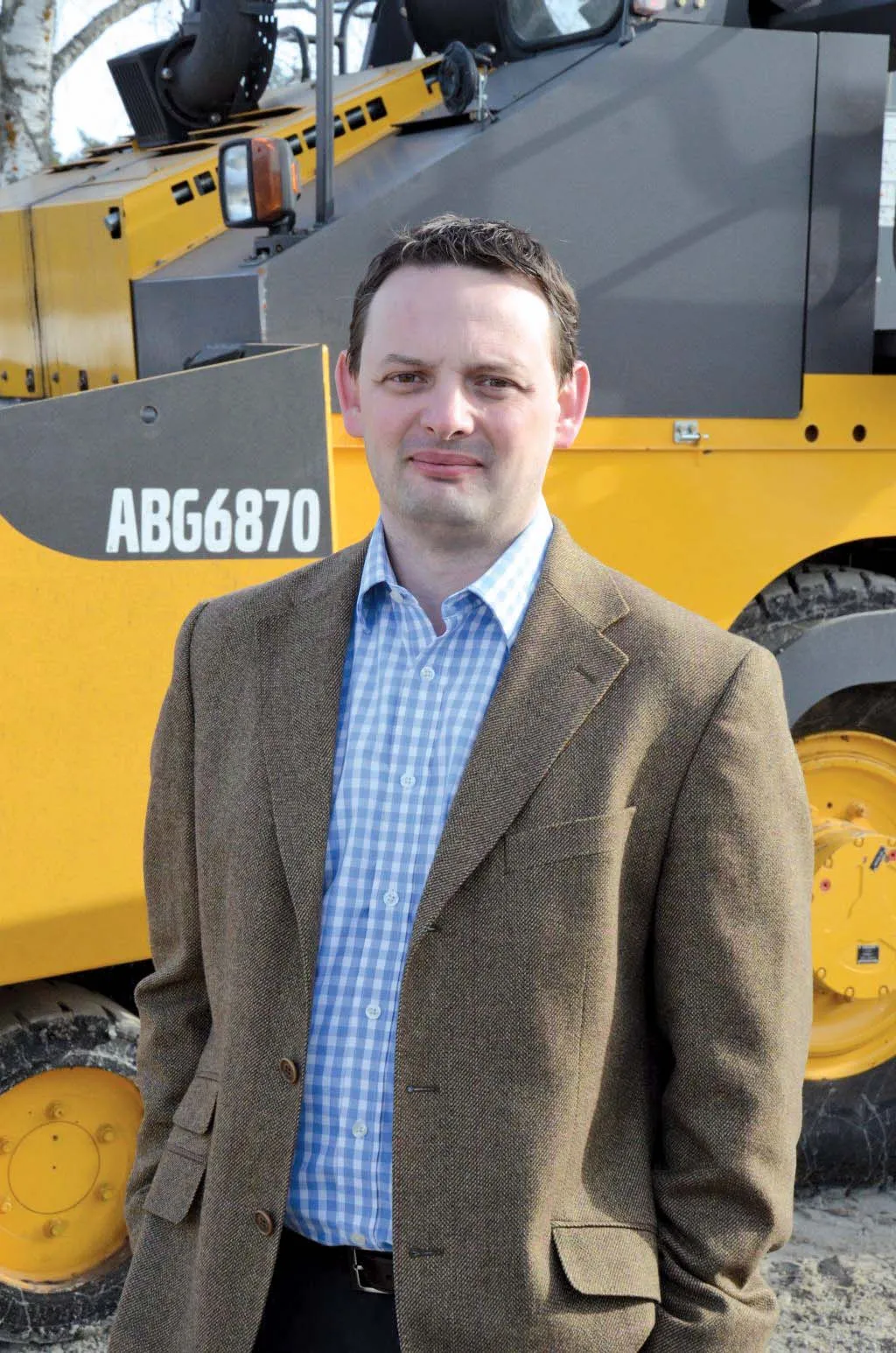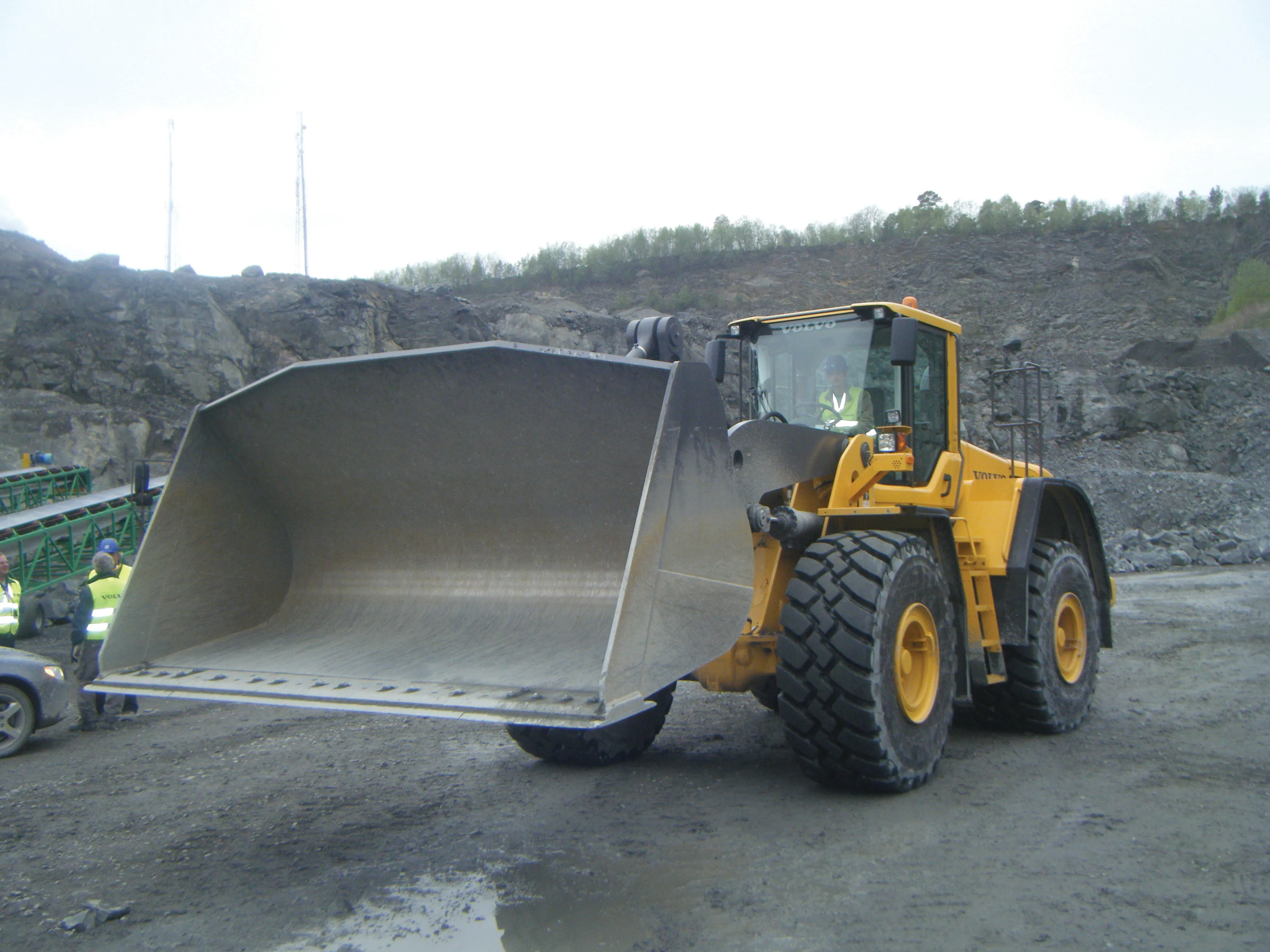Everyone talks about the crumbling US infrastructure. Case Construction is doing something about it.
On Thursday, the company held a forum on “Dire States: The Drive to Revive America’s Ailing Infrastructure.” The Dire States program is a combination of efforts by Case and other partners to create a long-term solution to the nation’s infrastructure challenges.
The need for improvements is not in question. Dan McNichol, a panellist and author, travelled the US and discussed infrastructure everywhere he wen
January 6, 2017
Read time: 3 mins

Everyone talks about the crumbling US infrastructure. 176 Case Construction is doing something about it.
On Thursday, the company held a forum on “Dire States: The Drive to Revive America’s Ailing Infrastructure.” The Dire States program is a combination of efforts by Case and other partners to create a long-term solution to the nation’s infrastructure challenges.
The need for improvements is not in question. Dan McNichol, a panellist and author, travelled the US and discussed infrastructure everywhere he went.
“No one disputed the fact there was a major problem,” said McNichol, who drove a 1949 Hudson across the US because it is the same age as the interstate system. “That includes those who are not in the construction industry.”
Funding is the issue. Jim Oberstar, a former US Congressman from Minnesota, told those at the forum that the funding situation is only growing worse. “We’ll be short $172 billion in the next nine years,” he said.
Oberstar believes it’s time for a user fee – he prefers to avoid the term “gas tax” – and some political courage. When the original interstate program was funded, a tax of 3 cents for every 3.8litres was put in place. That was at a time when fuel cost about 30 cents per 3.8litres.
That generation funded the improvements because they wanted to help their children and grandchildren, Oberstar said. “We need the spirit to reawaken about helping future generations,” he said.
The gas tax was last raised in 1993, Oberstar said, meaning the demands have increased while the revenues have not kept pace. Roads also are much more heavily travelled, he said.
Current transportation spending is about 3% of the US budget, said Janet Kavinoky, executive director of transportation for the US Chamber of Commerce. Other countries, such as China, spend as much as 9% of their GDP on infrastructure.
This struck a nerve with McNichol. “We are their model,” the author said of China. “You can see the (US) interstate system throughout the roads in China. The rest of the world is rising. It’s a sea change. We’ve never seen anything like it.”
The improvements are good, he said, but the US has to keep pace. “At the exact same time, we’ve let ours fall behind,” he said.
Oberstar said some individual projects could have a significant impact on the economy. For example, 3% of the US GDP crosses a single bridge between Kentucky and Ohio.
Some companies are forced to build truck terminals away from congestion. Others, such as5337 UPS, lose millions and millions of dollars because trucks are stuck in traffic.
It isn’t just roads, Oberstar said. Locks on the Mississippi River were built in the 1930s and are so antiquated that 365m barges have to be broken into two loads to pass. It can take six weeks for the barges to reach New Orleans from the north, while similar loads in Brazil travel longer distances in a fraction of the time.
The spending also could benefit the construction industry, from manufacturers, to vendors, to dealers – and others. “The number of people who are impacted (in the industry), it’s big,” said Jim Hasler, vice president of Case Construction Equipment of North America.
The panellists unanimously expressed frustration with the federal government. They also said state and local governments must find a way to fund their own improvements.
All agreed a long-term solution, not a stopgap measure, is essential.
%$Linker:2 Asset <?xml version="1.0" encoding="utf-16"?><dictionary /> 2 12691 0 oLinkExternal www.CaseCE.com Case web false /EasySiteWeb/GatewayLink.aspx?alId=12691 false false %>
On Thursday, the company held a forum on “Dire States: The Drive to Revive America’s Ailing Infrastructure.” The Dire States program is a combination of efforts by Case and other partners to create a long-term solution to the nation’s infrastructure challenges.
The need for improvements is not in question. Dan McNichol, a panellist and author, travelled the US and discussed infrastructure everywhere he went.
“No one disputed the fact there was a major problem,” said McNichol, who drove a 1949 Hudson across the US because it is the same age as the interstate system. “That includes those who are not in the construction industry.”
Funding is the issue. Jim Oberstar, a former US Congressman from Minnesota, told those at the forum that the funding situation is only growing worse. “We’ll be short $172 billion in the next nine years,” he said.
Oberstar believes it’s time for a user fee – he prefers to avoid the term “gas tax” – and some political courage. When the original interstate program was funded, a tax of 3 cents for every 3.8litres was put in place. That was at a time when fuel cost about 30 cents per 3.8litres.
That generation funded the improvements because they wanted to help their children and grandchildren, Oberstar said. “We need the spirit to reawaken about helping future generations,” he said.
The gas tax was last raised in 1993, Oberstar said, meaning the demands have increased while the revenues have not kept pace. Roads also are much more heavily travelled, he said.
Current transportation spending is about 3% of the US budget, said Janet Kavinoky, executive director of transportation for the US Chamber of Commerce. Other countries, such as China, spend as much as 9% of their GDP on infrastructure.
This struck a nerve with McNichol. “We are their model,” the author said of China. “You can see the (US) interstate system throughout the roads in China. The rest of the world is rising. It’s a sea change. We’ve never seen anything like it.”
The improvements are good, he said, but the US has to keep pace. “At the exact same time, we’ve let ours fall behind,” he said.
Oberstar said some individual projects could have a significant impact on the economy. For example, 3% of the US GDP crosses a single bridge between Kentucky and Ohio.
Some companies are forced to build truck terminals away from congestion. Others, such as
It isn’t just roads, Oberstar said. Locks on the Mississippi River were built in the 1930s and are so antiquated that 365m barges have to be broken into two loads to pass. It can take six weeks for the barges to reach New Orleans from the north, while similar loads in Brazil travel longer distances in a fraction of the time.
The spending also could benefit the construction industry, from manufacturers, to vendors, to dealers – and others. “The number of people who are impacted (in the industry), it’s big,” said Jim Hasler, vice president of Case Construction Equipment of North America.
The panellists unanimously expressed frustration with the federal government. They also said state and local governments must find a way to fund their own improvements.
All agreed a long-term solution, not a stopgap measure, is essential.
%$Linker:








